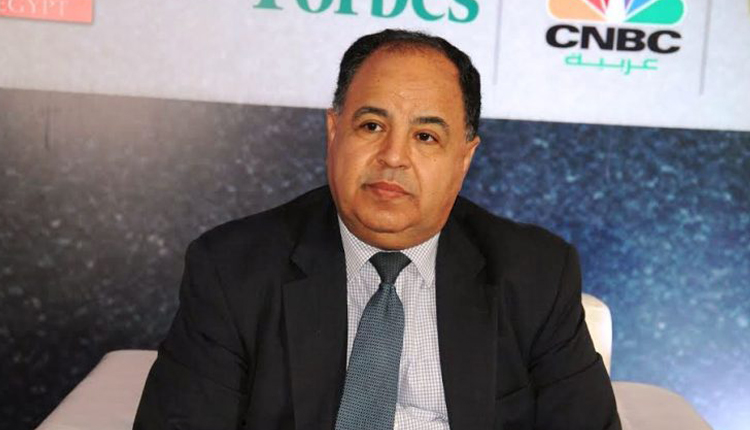Egypt seeks to conclude a non-financial agreement with the International Monetary Fund (IMF) by October maximum to replace a three-year loan deal that expires this month, Egyptian finance minister said in an interview.
The new deal may help the country remain an attractive market for foreign investors.
Officials are exploring the various IMF programmes Egypt is eligible for, Egyptian Finance Minister Mohamed Maait said in London, where he is attending the Bloomberg Emerging & Frontier Forum.
“We understand that we have to choose from different options,” Maait told Bloomberg TV in an interview broadcasted on Tuesday.
When Egypt signed its $12 billion deal with the IMF in 2016, it was suffering from a crippling dollar shortage. Since then, it is attracted billions of dollars into its debt markets. A new deal, even if it does not come with loans attached, may help reassure investors that economic policy will stay on the current course.
The new programme, which could last about two years, would “support Egypt’s vision for the coming period of enhancing growth and structural reforms,” he said. “Hopefully by October we will get it done.”
Egypt was able to return to the global bond markets in 2017, lowering the country’s borrowing costs overseas as domestic interest rates jumped. The government has since issued more debt, including its first euro-denominated securities.
Maait said his ministry plans to raise between $4 billion and $7 billion in the financial year that starts July 1. The sales could include green bonds and Islamic sukuk as well as issuance in Chinese and Japanese currencies.
“I’d love to see that,” he said. “I still have the cabinet approval for the green bond and instructions from the prime minister to consider the sukuk and what we call infrastructure bonds, and I am in talks with some of our advisers about sukuk in particular.”
The minister also said the sales of green bonds, a way for issuers to raise money for environmentally friendly projects, could raise between $250 million to $500 million. A similar amount could be issued in Samurai and Panda bonds, Maait added.
Foreign investments in local debt have jumped by 50 percent since January to $18.7 billion, the Egyptian minister said.
Moreover, he expects local debt to conform with the requirements of the Euroclear clearing house by the end of 2019. The Egyptian government hedged against oil-price fluctuations in the current financial year and plans to repeat the policy in 2019-2020 budget.
Egypt secured IMF support after devaluing its currency, sending inflation to more than 30 percent. While price gains have eased considerably, planned cuts to energy subsidies have prompted the central bank to keep its benchmark interest rate at 15.75 percent.
Maait said Egypt, which had to rely on short-term Treasury bills for 95 percent of its local borrowing in the last financial year, is seeking to extend the maturity of debt as interest rates decline.
The share of bonds in Egypt’s domestic debt has already increased to as much as 30 percent in the current fiscal year from 5 percent last year, he further told Bloomberg.
